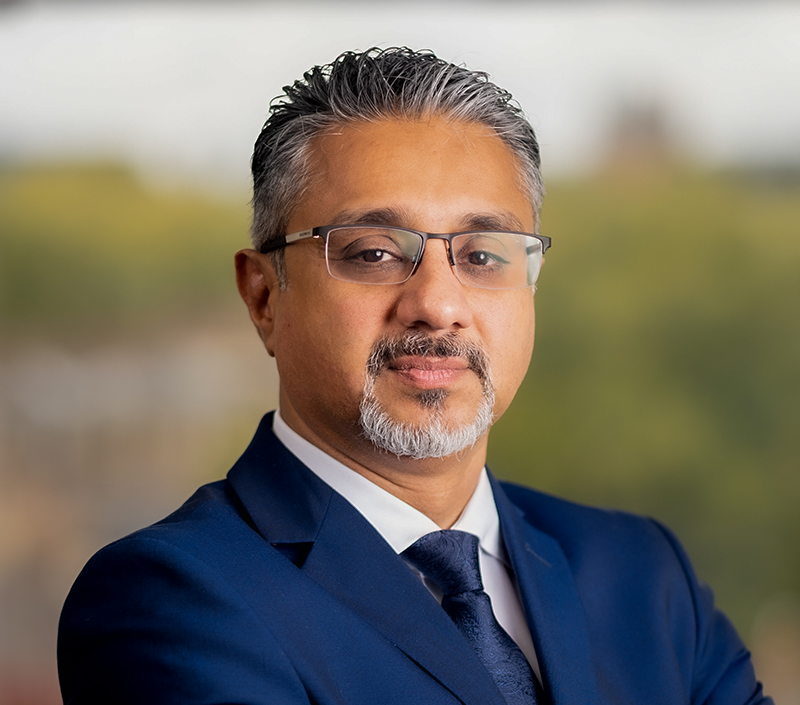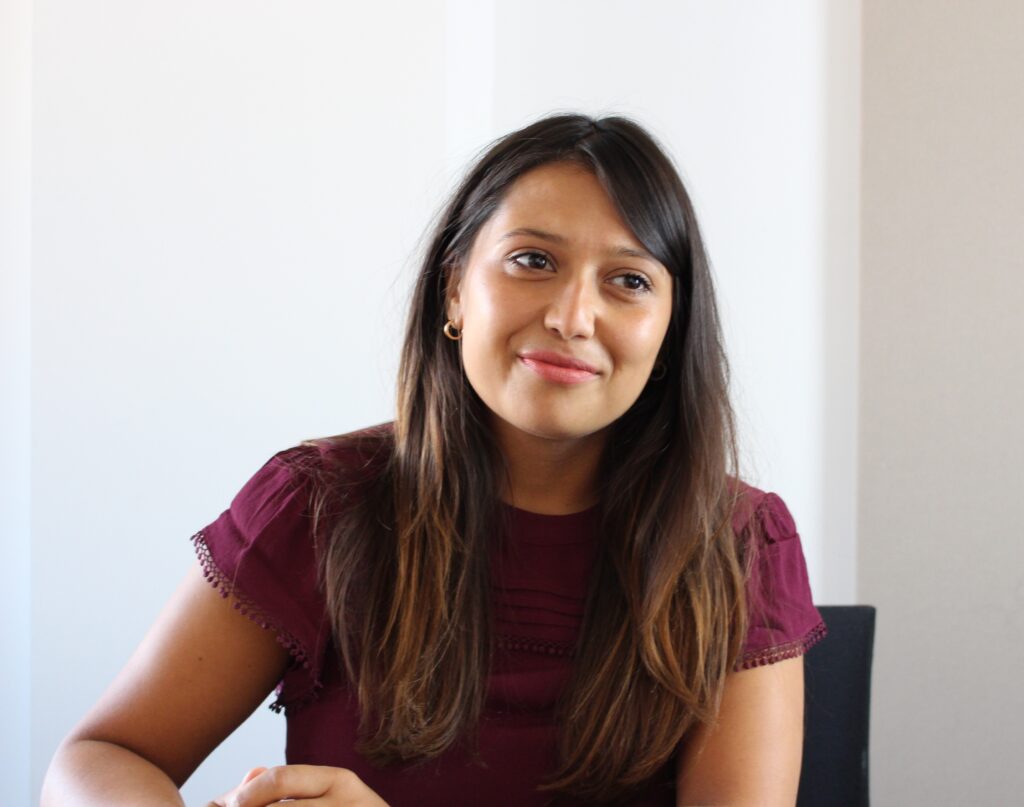- On Friday 5 February 2021, family members of Sri Lanka’s forced cremation policy have lodged a complaint with the UN Human Rights Committee to halt the forced cremations;
- The policy, justified based on unsubstantiated concerns over the safety of burials, has been in place since March 2020. The policy prevents the Muslim minority from being able to bury their loved ones in accordance with their faith.
- The best estimate for the number of Muslims forcibly cremated stands at 200 and include a 20 day old baby who was cremated before his parents, Applicants in the complaint to the UN, could say goodbye;
- The Muslim Council of Britain Global spearheaded the complaint, expressing grave concern that the policy exacerbates the prevailing marginalisation and discrimination suffered by the Muslim community within Sri Lanka;
- The complaint requests that the UNHRC immediately order the suspension of the policy pending full outcome of the investigation;
- The UN Human Rights Council are due to debate the policy, amongst other matters later this month (24 February 2021).
LONDON – 9 February 2021- Last week (Friday 5 February), a complaint was lodged to the United Nations Human Rights Committee (UNHRC) on behalf of a number of Applicants whose loved ones having died of Covid-19, were forcibly cremated by Sri Lankan authorities. Amongst the Applicants include the parents of a 20 day old baby who died following his hospitalisation for pneumonia and later positive Covid-19 result. The Applicants spoke of the “unbearable” grief and mental “agony” caused by not being able to see their newborn before he was cremated.
The legal action was commenced by family members of victims, and is supported by the Muslim Council of Britain (MCB) who have been vocal about Sri Lanka’s compulsory cremation policy since its inception in March 2020. The MCB are gravely concerned about the forced cremations, which are taking place against a wider context in which the Sri Lanka’s Muslim community is increasingly scapegoated.
On 31 March 2020 Sri Lanka’s Ministry of Health revised their guidelines to order cremations for anyone who had died or was suspected to have died of Covid-19. The policy was based on claims that there was a risk that burial could result in the contamination of ground water in the region. These claims have been resolutely rejected by the international scientific community, with World Health Organisation (WHO) guidance clearly stating that there is “no evidence that Covid-19 can spread from a dead body”.
Sri Lanka’s policy of forced cremations continues despite their own self-constituted Committee of Experts having announced that, based on the available science the burial of those who have died from Covid-19 can be safely permitted. The law in question, mandating cremation, directly or indirectly enacts discriminatory treatment affecting, in particular, Muslims in Sri Lanka, contrary to international law. The Applicants argues that there is no objective justification for that discrimination.
The complaint comes amidst huge criticism levelled at Sri Lanka by numerous international NGOs, the United Nations Special Rapporteurs on freedom of religion or belief, on minority issues, on the rights of peaceful assembly and association, and on the right of everyone to the enjoyment of the highest attainable standard of physical and mental health, and a number of foreign governments. The UNHRC are due to debate the matter later this month on 24 February 2021.
The Applicants assert that Sri Lanka, having ratified the International Covenant on Civil and Political Rights (ICCPR), are breaching their international human rights treaty obligations and requests that the UNHRC conduct an immediate investigation into the forced cremations affecting the Applicants. The complaint also calls for the UNHRC to adopt immediate interim measures suspending the forced cremation policy pending the outcome of the investigation into the complaint.
International law protects the notion of privacy and as such, the right to freely express one’s identity, through their relationships with others or alone, including their family. Putting aside religious freedom, what Sri Lanka’s policy represents is the complete elimination of choice; the policy deprives family members of the right to choose how to grieve their loved ones.
The complaint asserts:
There is no justification, on the facts, for the prohibition of burial maintained by the Sri Lankan Government. This has been recognised by multiple institutions of the UN. There are, as scientific experts have already advised, multiple protection measures that can be put in place to protect public health without the blanket denial of the right of individuals to practice their religion and to be buried in accordance with their faith.
Zarah Mohammed, the Secretary General of the MCB said:
The MCB brought this complaint to the UN Human Rights Committee when it became clear that there was no public safety justification for the Sri Lankan government’s policy on forced cremations. We are very concerned that the Sri Lankan government has ignored its own committee’s advice, which found that burial was a safe option, and that the Sri Lankan Supreme Court has simply dismissed, without any reason family members’ petitions to intervene in the policy. The MCB is committed to supporting victims of human rights violations and to ensure that States are given a clear message that persecution of religious minorities will not be tolerated. We very much hope that the Sri Lankan government will change its policy in line with the World Health Organisation advice.
Bindmans LLP Partner, Tayab Ali, who represents the MCB and the Applicants said:
The forced cremations of Muslim bodies in Sri Lanka are a serious violation of the religious freedom of a minority group. It is a violation of international law to delay returning a family member’s body for burial in a timely way unless there is good reason to do so. In this case the Sri Lankan authorities have departed from the WHO’s recommendation for the safe management of a dead body during the coronavirus pandemic without any justification. Our clients were already suffering from the distress of losing a family member to Covid. It is truly heartless for the Sri Lankan government to add to that distress by unnecessarily forcing the bodies of loved ones to be cremated. We hope that the United Nations Human Rights Committee will take immediate action on receipt of this complaint by granting interim measures to halt these cremations.
END
Notes:
MCB – The Muslim Council of Britain (MCB) is the UK’s largest and most diverse national Muslim umbrella organisation with over 500 members including mosques, schools, charitable associations and professional networks. https://mcb.org.uk/
Contact:
MCB press office: media@mcb.org.uk
Bindmans press office: press@bindmans.com; Gosia Woods on +44 (0)20 7833 4433
appeal, covid-19, freedom, human rights, unhcr, united natio, appeal, covid-19, freedom, human rights, unhcr, united natio, appeal, covid-19, freedom, human rights, unhcr, united natio, appeal, covid-19, freedom, human rights, unhcr, united natio, appeal, covid-19, freedom, human rights, unhcr, united natio, appeal, covid-19, freedom, human rights, unhcr, united nat

